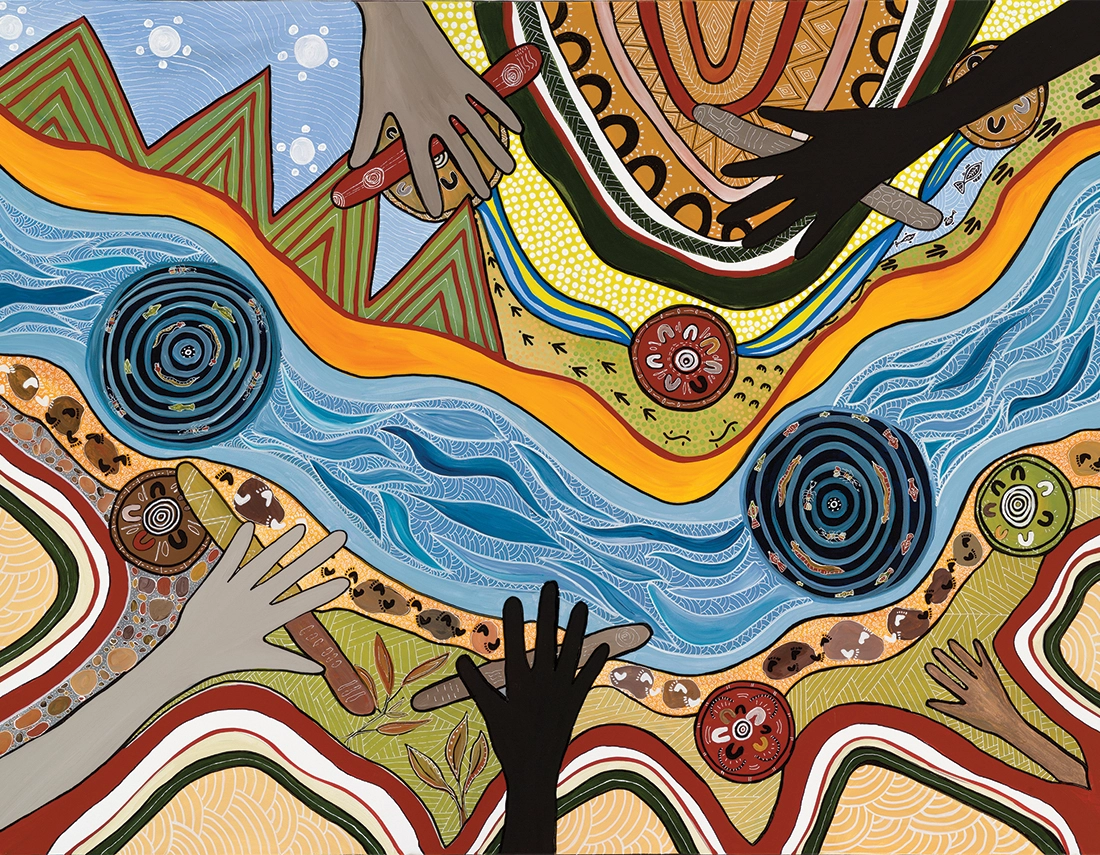Acknowledgement of Country
We recognise Aboriginal and Torres Strait Islander peoples as Australia’s First Peoples. We acknowledge Aboriginal and Torres Strait Islander peoples as the Traditional Owners and Original Custodians of the lands and waters on which we live and work and their sacred connection to the lands and waters of Australia, which has existed for more than 60 millennia.
We recognise the continuing sovereignty of First Peoples and the inalienable right of Aboriginal and Torres Strait Islander peoples to self-determination. We offer our respect to Elders past and present and to all descendants who have and will continue to care for the land through their lore, customs, and spirituality.
Our vision for reconciliation.
All people standing together.
Creating socially and culturally safe relationships
All people standing together.
Our vision for reconciliation is all people standing together to create socially just and culturally safe relationships with, and opportunities for, Aboriginal and Torres Strait Islander peoples.
As an organisation we acknowledge the great suffering caused to Aboriginal and Torres Strait Islander peoples by colonisation and discrimination, and we acknowledge those impacts are ongoing.
Guided by Reconciliation Australia’s Reconciliation Action Plan (RAP) framework, we are taking a strategic approach to advancing reconciliation in our organisation.
On 14 August 2025, we launched our third RAP. This ‘Stretch’ RAP continues the journey established in out Reflect and Innovate RAPs and represents a major step for us on our journey. It pushes us to embed reconciliation work into all that we do as an organisation to ensure lasting change and impact. At Uniting we believe reconciliation is second peoples work, and our Stretch RAP encourages us all to take up the journey.
Our Stretch RAP has a variety of actions, with specific focus on:
- Procurement from Aboriginal owned business to ensure we are spending our money in ways that help drive economic justice and self-determination
- Cultural safety across our service and office sites to ensure everyone feels safe to receive services, and work for, Uniting
- Professional development pathways for Aboriginal and/or Torres Strait Islander staff to ensure we are creating empowering opportunities that enable staff to thrive, lead, and grow within the organisation.
Our Stretch RAP reflects the many contributions made by Consumer Partners, RAP Working Group members and other Uniting staff and partners during its development. We thank everyone for their contribution and acknowledge particularly the guidance and support provided by the Aboriginal members of the RAP Working Group.
Meaning of 'Over Waters' artwork
A healing journey of recovery and reconciliation by Cassie Leatham of the Taungurung/Wurundjeri people from the Kulin Nation.
‘Over Waters’ represents the path that all should be taking, the path of reconciliation The waters depicted within this artwork, represent the currents taking us on a journey of self-cleansing, washing away the past hurt. The pebbles and stones are the stepping stones that allow Indigenous and non-Indigenous people to walk the path of reconciliation, side by side. The stars represent our ancestors who guide us, in darkness or light, through life’s obstacles, which are depicted by the pointed mountains. The ancestor symbol illustrates Uniting’s work to strive for a brighter future for all.
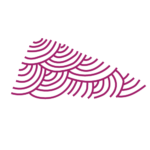
Curved lines: Women
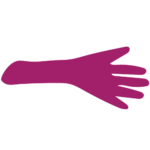
Child’s hand: The future

Roads in the curved mountains: The journey to recovery and moving forward
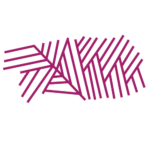
Straight lines: Men

Pebbles and stones: Path to reconciliation
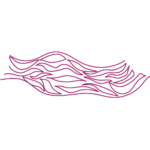
Waters: The waters connecting Victoria and Tasmania
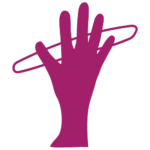
Hands holding message sticks: Communicating the way of the ‘old people’
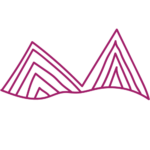
Pointed mountains: The obstacles we must overcome in life
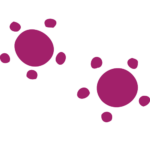
Stars: The ancestors, representing Uniting’s work to build a better future for all
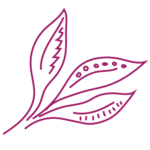
Plants: New growth
Welcoming all communities
We work in solidarity with Aboriginal and Torres Strait Islander people as Australia’s First Peoples and as the traditional owners and custodians of this land. We celebrate diversity and value the lived experience of people of every faith, ethnicity, age, disability, culture, language, gender identity, sex and sexual orientation. We welcome lesbian, gay, bisexual, transgender, gender diverse and non-binary, intersex and queer (LGBTIQ+) people at our services. We pledge to provide inclusive and non-discriminatory services.
The work we do is all about giving people the support they need to live happy and meaningful lives. We are committed to being people-focused and rights-based.
We have worked alongside local communities across both states for over 100 years.
Hear the real story
Our statement on January 26.
Communities for Children Hume
NAIDOC Week 2022
Get Up! Stand Up! Show Up!.
Hear the real story
Our statement for January 26.
Advocacy in action
